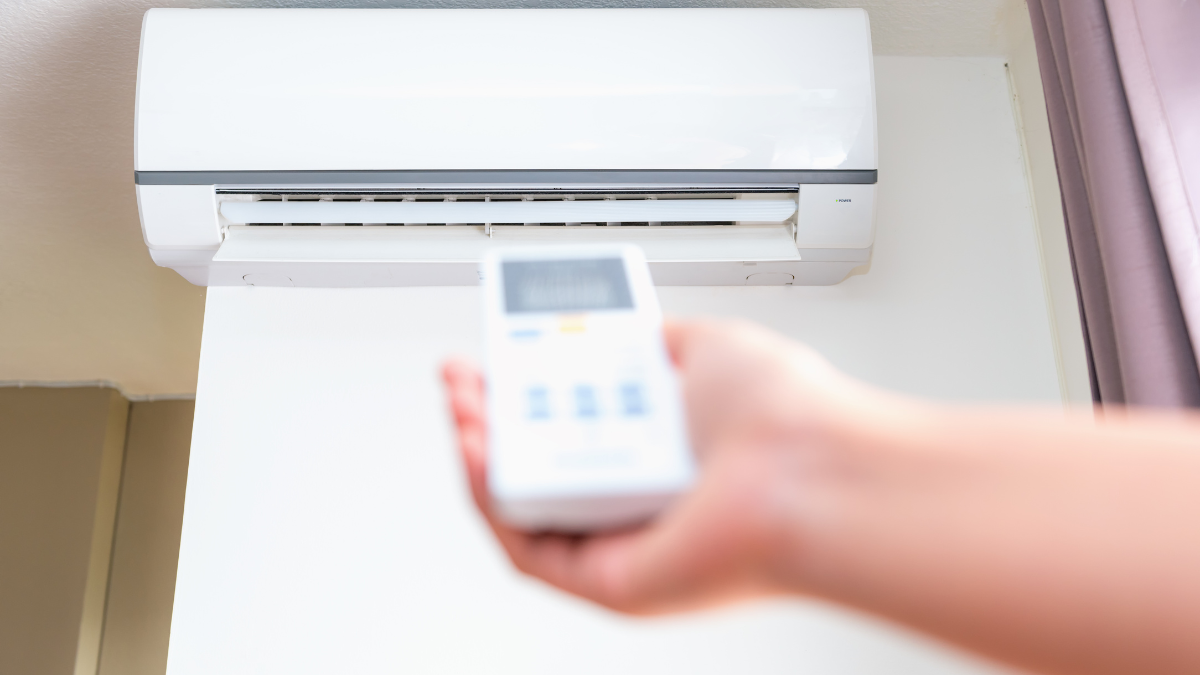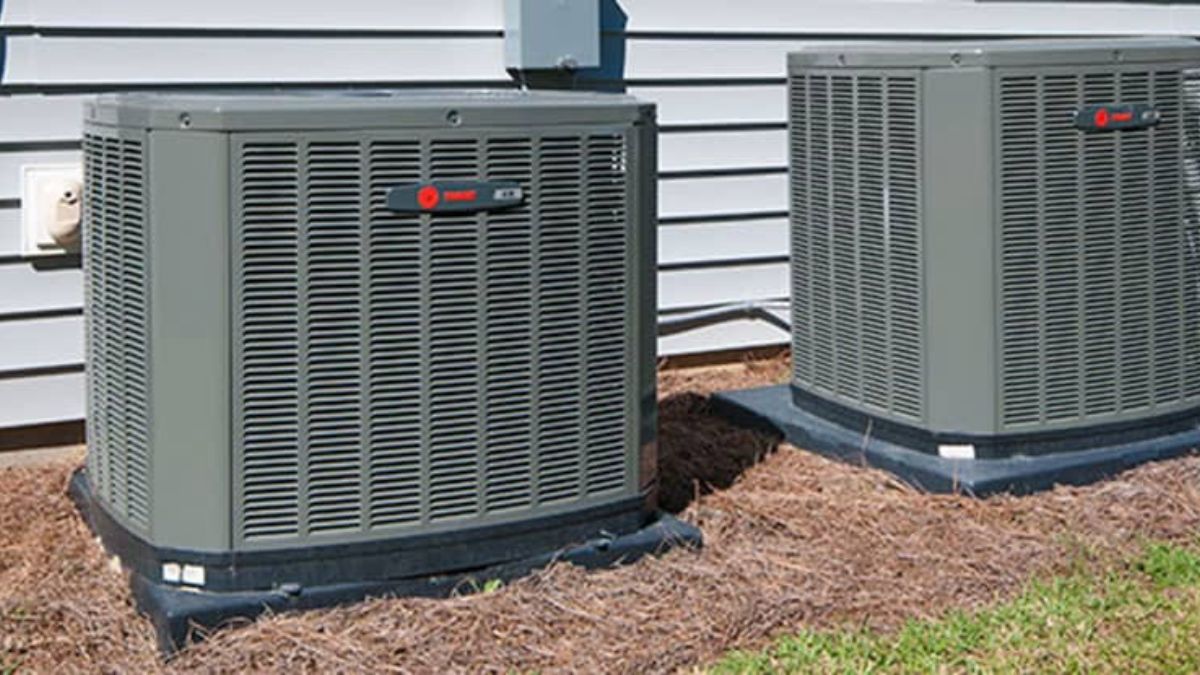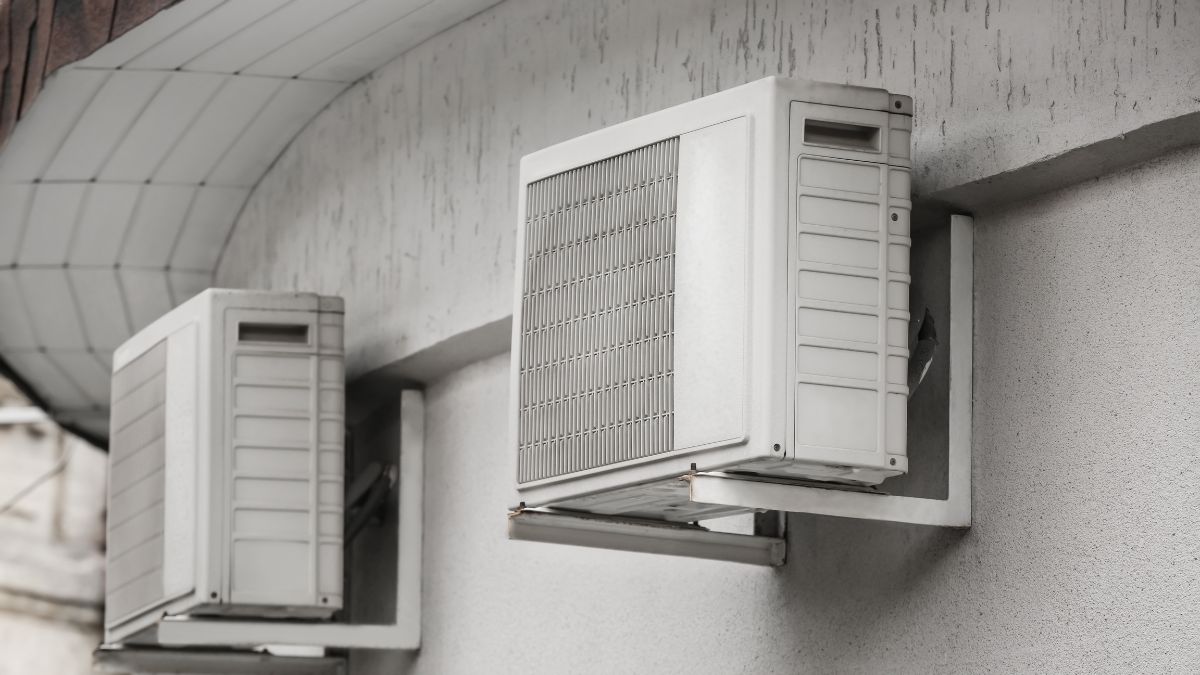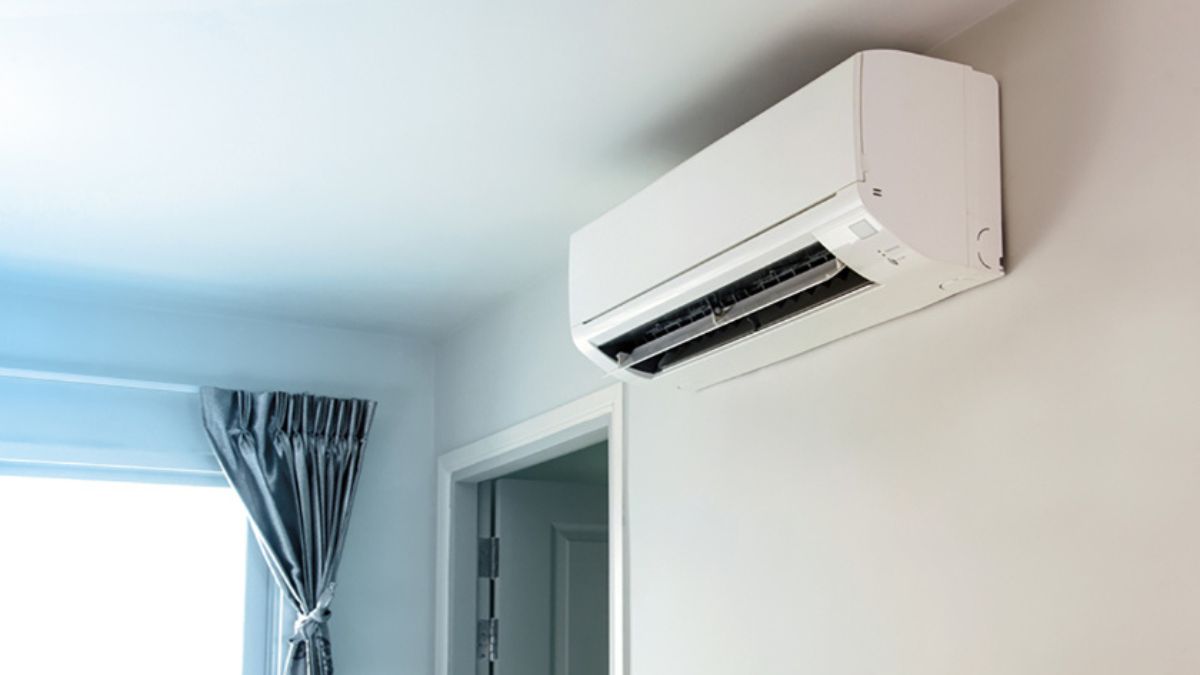
When facing a power outage, many people turn to generators to keep necessities such as refrigerators running. However, depending on the time of year your power outage occurs, you may be wondering can your generator power your heat pump.
There are two main types of generators – portable and home standby generators. Some portable generators can run small to mid-sized heat pumps but likely won’t power other systems. Heat pump systems vary, and as the size increases, so do the amps required to run the heat pump system. Home standby generators are best suited for simultaneously running heat pump systems and other systems. However, a few portable generators can power some moderate-sized heat pump systems depending on the wattage of your system and the portable generator.
Let’s discuss how home standby and portable generators, and powering heat pumps.
How Many Watts Does a Heat Pump Use?
Heat pumps provide heat by extracting warmth from outside the house and transmitting it inside. That means when it’s hot outside, the heat pump reverses its direction and functions like an air conditioner that takes away the heat inside your home. It is quite the process.
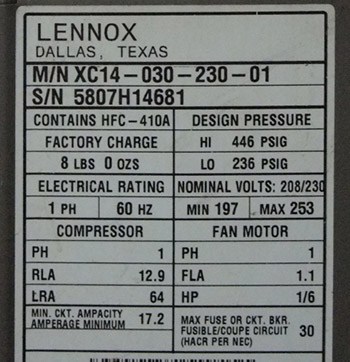
That’s why heat pumps and other electric furnaces usually require 15,000 watts (15 kW) or more to work. Compared to ordinary gas or oil-based air systems that can work with as little as 2500 watts (2.5 kW), that’s huge. You can calculate the specific watts your heat pump use with this formula:
volts x amps= watts
You can find the volts and amps used by your heat pump on the data tag or by looking at the breaker size inside the electrical panel box. Still, the answer to this formula would only be an estimate. Your heat pump doesn’t use the exact amount of volts and amps indicated on it. Get a service tech to do the math for a much more accurate answer.
According to an online document from Howell-Oregon Electric Coop, a 3-ton air source heat pump requires 7200 startup watts and 5400 running watts in addition to other devices your generator may be running. You’ll need to total the startup watts to determine the total wattage for the generator you need.
What Generator Wattage Do You Need to Run a Heat Pump?
Since heat pumps typically use 15,000 watts (15 kW), no portable generator can certainly support that. Major household systems consume a lot of electrical energy, and even a small heat pump will need most of the output of a portable generator. There is no way a small backup generator can supply power to make such a major system work.
You’ll need a whole-house generator (a standby generator) of at least 17,000 watts (17kW) to run a heat pump, whether a standard one or a package unit. Your generator must have a higher wattage than your system because many appliances, including heating and cooling systems, need a power surge to start working.
Starting wattage is the amount of energy needed for the system startup. The watts of your generator may be enough to run a heat pump, but its starting wattage is a separate thing that needs to rate higher than your system’s starting wattage or maximum output wattage.
If you don’t get a generator with a higher starting wage, you can electrically damage your system. These calculations give portable generators a little window for operating air systems then. Some larger models have enough running wattage to run mid-sized heating and air conditioning systems.
However, small portable generators are a simple no-go as they can only power a few little things, not systems. If you’re seriously considering getting a portable generator for cost issues, calculate these starting and running wattages before buying one. Consult a licensed electrician to help you with your buying decisions. They will most likely advise you to stick with stationary generators for safety.
It’s also worth noting that since you’ll need a powerful generator to run your heat pump, you’ll also be consuming more fuel. That means higher energy costs long-term. A 7000 watts (7 kW) generator will burn more fuel than a 22,000 watts (22 kW) generator during operation. The initial generator cost isn’t all there is when buying a generator.
Can a Generator Run a Mini Split Ductless Heat Pump?
Mini-split ductless heat pumps are high-power systems despite being slightly less requiring watts to operate. This wall-mounted ductless heat pump consumes quite a power as well. Many alternative home builders use mini-split ductless heat pumps for setups like trailer homes and use generators to power them.
Mini-split ductless heat pumps can work with a portable generator’s power supply, but they’re only good for emergencies. Some people want to use generators as primary or secondary power suppliers for these heat pumps when they should be merely backups.
A Mitsubishi 1.5-ton mini-split ductless heat pump will need up to 5060 startup watts and 3960 running watts on a 20 amp. More if your mini-split system has multi-zone wall units.
Should you need to run your mini-split ductless heat pump with your backup generator, here are the steps you should take:
- Look for the transfer switch that’s usually directly attached to the furnace’s circuit. You can’t connect the generator if you don’t have a transfer switch installed between your circuit breaker and the furnace. Contact an electrician to have one installed if you haven’t yet.
- You must rewire the system by cutting the wire from the furnace to the circuit breaker. Install an outlet to the breaker panel so the wires can run from the circuit breaker to the furnace. Spare an outlet to plug in the generator.
- Installing the generator plug on the side of the furnace is the way to go. Plug the furnace in and reset the breaker to check if your furnace is still working the way it should. Double-check if the generator works with the furnace as well.
- Don’t just put your generator anywhere close or convenient. It has to be in a safe location because it emits carbon monoxide, which shouldn’t be trapped inside your home or in a closed garage. Avoid placing it where children and water can reach it. Just have an outdoor extension cord connect it to the furnace and never overload it during a power outage, or else the heat pump won’t work.
How Does a Transfer Switch Work in Powering Heat Pumps with a Generator? Is It Important?
You’re probably wondering how transfer switches transmit power from the generator to the heat pumps. You ought to know about it now before you commit mistakes to skip the expense of buying such a switch. Your heat pumps are directly connected to your power panel, so they won’t work with extension cords no matter what hack you pull.
Your transfer switch connects mainly to the circuit box or power panel. How it works is that it will feed that electricity from the generator directly into the house. You have to pick which circuits you want to turn on at this point, but you have to be careful not to overload your backup power supplier.
You should know that transfer switches could be as expensive as generators. You can’t even DIY the installation as you need a professional to install it for you safely. This is not one of those things you can guess your way through. Otherwise, all your generator and switch expenses would go down the drain. You could even damage your heating system and other related electrical units.
Installing a generator and transfer switch will require electrical upgrades in older homes with older meter boxes.
Some people do a little tip hack to avoid spending too much on the installation costs by back-feeding the generating into your home. Back feeding a generator is hooking the generator right into an outlet in your home using a two-male-sided extension cord. However, this can be extremely risky for you and your neighbors and electrical workers.
The power from the grid is likely to come back on, leaving you with two power sources running through your home without any circuit breaker to regulate it all. That could lead to a catastrophic overload resulting in a fire. This is exactly what the transfer switch saves you from. It can stop the power from the outside grid from reaching your home.
That way, you can be assured that there won’t be an overflow that could lead to a disastrous fire. This is the only safe way to back up your heat pump during a power outage.
Summary
To sum it up, opt for a standby generator to power your heat pump at home. Never rely on portable generators unless you have a really small heating unit. If you’re still unsure of the best option for your heating system, please consult a trained electrician to get accurate advice on how to back up your home’s heating during emergency power outages.
Make sure also to leave the installation processes to the professionals. Hire a licensed electrician for these tasks. Regarding expenses, do not leave out the transfer switch in the budget. Back feeding is only going to cost you your entire home.


